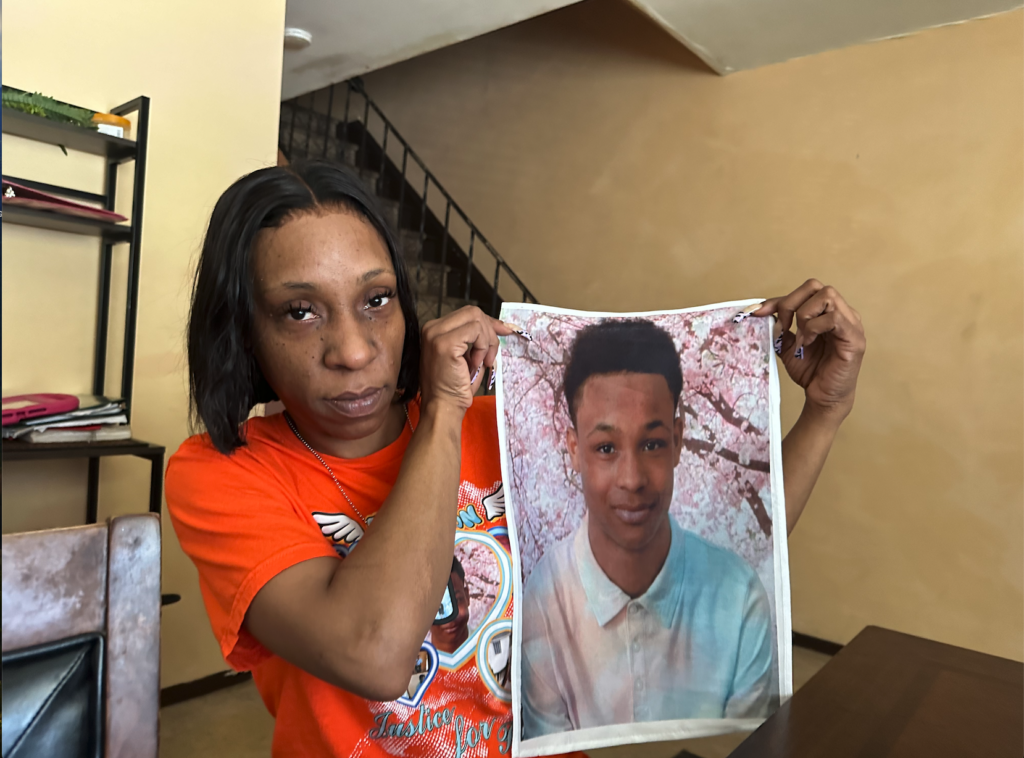Late Little Flower executive was ‘fearless’ with sense for social justice

What’s right is right, and when Mary White saw something that wasn’t right, she spoke up about it.
One day Ms. White noticed Black children toiling in the searing heat while working their summer jobs at Little Flower Children and Family Services of New York in Wading River. She saw to it that they were immediately brought in out of the sun, and a supervisor was lectured.
“She knew it was wrong and she went out there and straightened it out,” Barbara White said of her late mother, who she said was the first Black assistant director of Little Flower. “She was like, ‘You’re not going to mistreat them. They’re here to work for the summer, and you’re going to treat them with kindness and respect.’ ”
That story told by Barbara White says a lot about what her mother was like.
Mary White, born in Georgia, grew up in Florida in the 1940s and ’50s and lived through the civil rights movement of the ’60s. She was known for having a strong sense of social justice.

“My mom was passionate about everything,” Barbara said in a phone interview from her home in Santa Clarita, Calif., where she has lived for over 30 years. “She had a very clear understanding and feeling about what was right and wrong, as do I, which gets me in trouble a lot.”
Mary White did what she could to right wrongs. She was raised by her grandmother, Bessie May Green, amid humble beginnings in the small town of Bunnell, Fla. “I imagine they probably didn’t have a whole lot, but she had a lot of love,” said Barbara.
Mary went on to earn a bachelor’s degree in education at a Florida college before obtaining a master’s degree in social work at Case Western Reserve University in Cleveland, according to Barbara.
“She was just really a phenom,” Barbara said. “… She was just this amazing little thing. This poor little girl in this town was just brilliant.”
As Barbara recalled, the Whites lived in Cleveland while Mary was at Case Western for two years before relocating to Rocky Point and then Riverhead. Mary’s association with Little Flower began in the late 1960s. Her husband, Robert, was a contractor who died around 1963. Mary never remarried.
In the mid-1970s, Mary became Little Flower’s assistant director, a position she held until her death, said Barbara.
“It was a big thing to be the assistant director at that time,” Barbara said. “That was an honor, but she knew that she deserved to be the director, so I think that was something that troubled her and left her very frustrated.”
Little Flower, a residential center for orphaned, abandoned and neglected children, was founded in 1929. Little Flower did not respond to phone messages and an emailed interview request prior to deadline.
“I think she had a lot of stuff that she carried over from just growing up in the South,” Barbara said. “It made her excel at what she did. I think it put pressure on her like, ‘I have to be better. I have to be the best.’ … I felt all the pressure she felt.
“I think I absorbed a lot of stuff from her. I don’t think people who lived in the ’50s and ’60s in the Deep South ever get past it.”
Barbara rattled off her mother’s loves: John F. Kennedy, Martin Luther King Jr., Marvin Gaye, The Supremes.
In discussing her mother, Barbara had to confront memories of that terrible day in 1982 that also happened to be the day before her birthday. Mary came home after a hectic day at the office and called Barbara to wish her an early happy birthday and tell her she was going to take a nap before they were to meet that evening.
“The police came over to my house about 5:30 and said there was a fire and she was at Central Suffolk Hospital, and then they took her to the burn unit in Nassau County,” said Barbara, who has a brother, Bob, living in California and a sister, Bessie Peterson, in South Carolina.
Eight weeks later, Mary succumbed to injuries suffered in the fire at the age of 45. She was buried in Palm Coast, Fla.
“She was fearless,” Barbara said. “She was absolutely fearless … I thought the only thing missing for her was the ‘S’ on her cape.”








